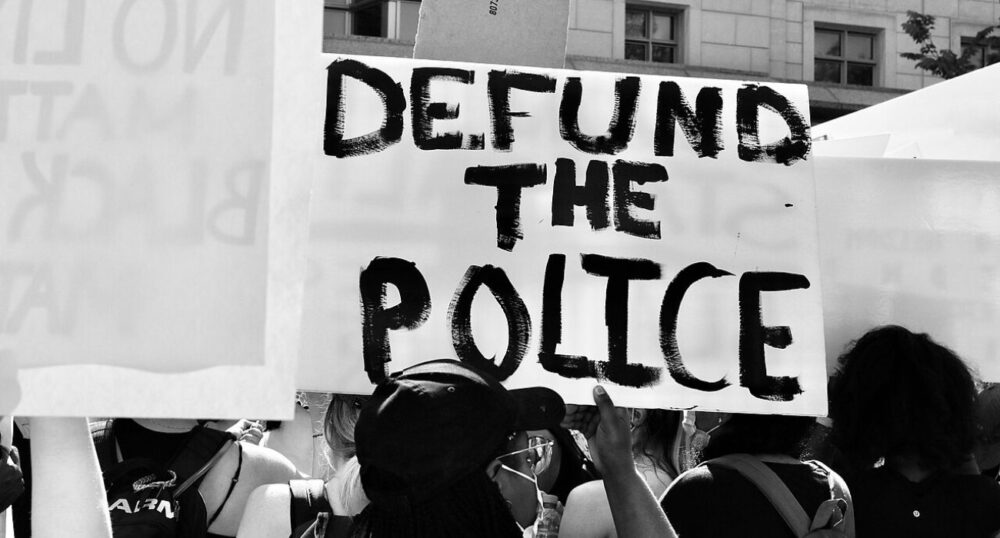Police response times in Dallas are shedding light on the impact of a crime reporting protocol implemented last year meant to better allocate public safety resources amid the Dallas Police Department’s staffing situation, a move some have likened to “defunding the police.”
As previously reported by The Dallas Express, officials instituted an online reporting system for crimes designated as “non-emergencies.” Such criminal activity that falls under this category includes car burglaries, criminal mischief, theft, theft of service, identity theft, credit/debit card abuse, and interfering with child custody, among other crimes in which an in-person officer response is deemed unnecessary.
DPD does, however, ask that crime victims call instead of reporting online if there is a known suspect.
“Our goal with this mandatory reporting is to cut down our response times, free up more officers, and respond quicker to those who need our help in an emergency. We know it will help,” said Police Chief Eddie Garcia in July of last year.
While people can still call 911 to request a police response to a so-called non-emergency, City data paints an unclear picture of some of the dynamics at play. According to the City’s police response times dashboard, response times this year have fallen by more than 50% for car burglaries based on 186 incidents, with police clocking 237.5 minutes on average as of March 15. In 2023, the average response time for reported car burglaries was 533.3 minutes, with 1,056 incidents logged.
As previously reported by DX, car burglaries have been prevalent in Downtown Dallas, which regularly logs a great deal more crime than Fort Worth’s city center. The latter is reportedly patrolled by a dedicated police unit that works alongside private security guards.
Regardless, the police response times dashboard only appears to record reports in which an officer is actually dispatched. According to the City of Dallas crime analytics dashboard, there have been 2,279 car burglaries committed in Dallas so far this year. In 2023, that figure was 13,531 for the whole year, an increase over the 12,801 incidents clocked in 2022.
While it is unclear whether incidents that prompted a police dispatch involved car burglaries with known suspects, what does seem evident is that even before the implementation of the online reporting protocol, which did not go into effect until October 2023, DPD was only responding to a fraction of those reported crimes.
DPD has been seriously understaffed for years, fielding only around 3,000 sworn personnel. According to a City report, a city of Dallas’ size needs approximately 4,000 officers.
Earlier this month, a retired police chief spoke with Fox News Digital about a similar online reporting system that was recently instituted in Pittsburgh. He claimed that such mechanisms were just another way for city officials to “defund the police.”
“Defund the police isn’t dead. There’s police executives around the United States that will tell you that defund the police is over. It’s not,” said Tom Weitzel, a retired Riverside, Illinois, police chief. “It depends on the geographical area that you’re in. But it’s gaining speed again, and it’s gaining speed in this format.”
Weitzel referred to a trend in cities that is seeing the removal of certain responsibilities from police departments, like responding to low-priority calls, for instance.
“It is the taking away of your authority, that taking away of the job function. Certain politicians … have gotten in office and now have the power to limit police ability to patrol and investigate… They don’t want us to do our job anymore,” Weitzel said.
He went on to claim that this shift in police departments has contributed to nationwide police shortages.
“Are we seeing individuals coming into the profession who’ve always wanted to get into law enforcement? No, we’re not anymore. In fact, we used to see a lot of military veterans that would come into the profession, and even that has dropped,” he said.
Weitzel said people concerned about the lack of police presence need to speak up at the local level.
“If you’re concerned about law and order, public safety, you support the police in the job they do, you should be talking to your city council. You should be going in front of your city council and talking to them about not gutting the police, giving the police their tools, not passing ridiculous legislation,” Weitzel said. “And, you know, there has to be some advocacy at that level because politicians listen to the citizens, I believe, and the residents they serve.”
Budgeting only around $654 million for DPD this fiscal year, the Dallas City Council chose to spend less taxpayer money on public safety than other high-crime jurisdictions, such as Chicago, Los Angeles, and New York City.

